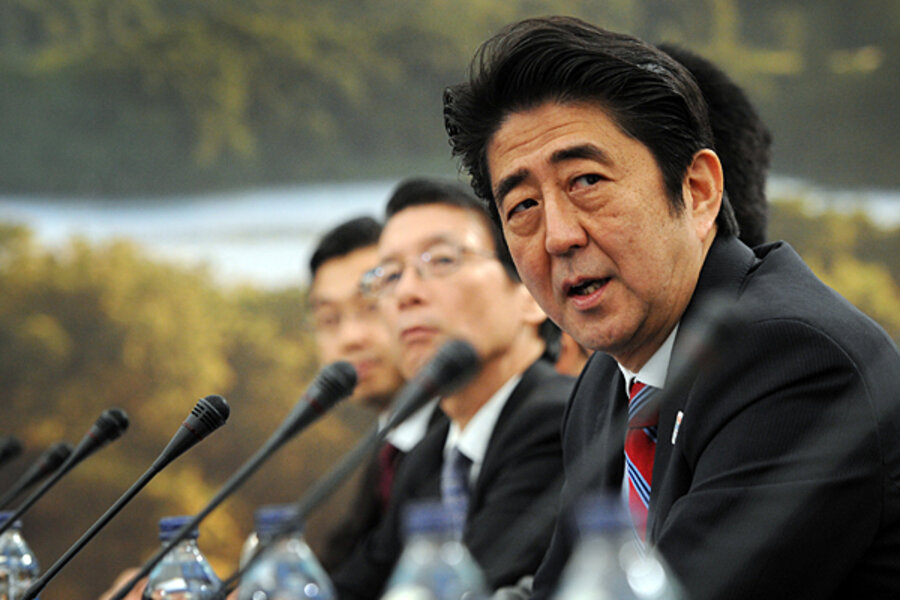Should you cheer on Abenomics?
Loading...
The popularity of "Abenomics" among non-Japanese pro-inflationists is puzzling for many reasons. One is, as I've noted before, the fact that Japan with its 4% unemployment rate was already very close to full employment, so even using Keynesian models there is little it can do to boost growth.
Another fact which should make it less popular is that while it will cause inflation to increase in Japan, it will lower inflation elsewhere.
The reason for that is the key result of it so far has been to dramatically lower the value of the yen, by about 20% against the U.S. dollar and 25% against the euro. Unless reversed, this dramatic exchange rate drop can result in three different outcomes:
1) Raise prices in Japan
2) Lower prices elsewhere
3) Result in a permanently lower real exchange rate for the yen
Most likely, we will see a combination of the three. That we ultimately will have 1) is something we can all agree on, and that is officially what the purpose of "Abenomics" is. Unofficially though, it seems likely that Abe also wants to achieve 3) to raise net exports, and that is in fact so far the main result. As firms who has so far been slow to adjust prices gradually do so we will get more of 1) and 2), and therefore less of 3), but it seems likely that even in the long term.
But Abenomics will to a large extent also cause a lot of 2), which is to say, it will have a deflationary effect. Why? Well, for three reasons. One is that a weaker yen will reduce export earnings from Japan in other countries, reducing nominal income. Another is that Japanese demand for oil and other internationally traded commodities will fall as the yen prices of these commodities have soared, and that means that the prices of these commodities in terms of for example dollars and euros will drop.
And a third reason is that a weaker yen will lower prices of imports from Japan. Between 2006 and 2012, prices of Japanese imports in the U.S. rose by between 1 and 2 % per year, but in the latest year, they have dropped by 1.4%. This still implies that they have dramatically increased their margins, but as time passes competitive pressure will likely lower those margins, leading to continued declines in import prices from Japan.
In other words, non-Japanese pro-inflationists are cheering for a policy that has a deflationary effect on their economies!
Presumably, their response is that they hope other central banks will mimick the Bank of Japan's policies. But with interest rates near zero, and with much of the effect of Abenomics coming from the dramatic drop in the yen and with exchange rates being a zero sum game (one currency area's depreciation is another's appreciation), the scope for that is limited








